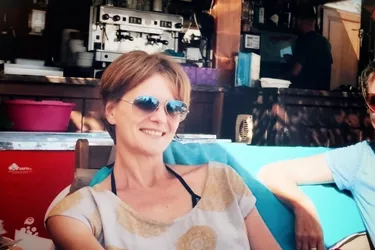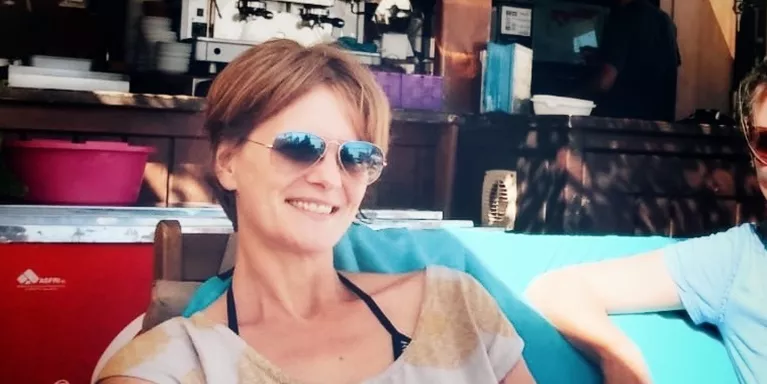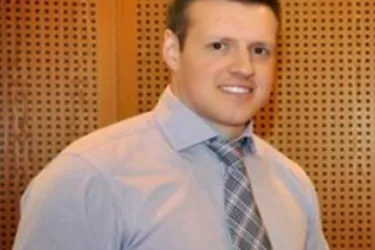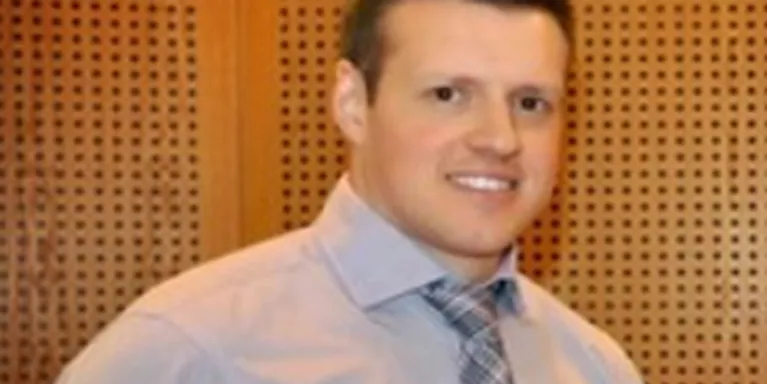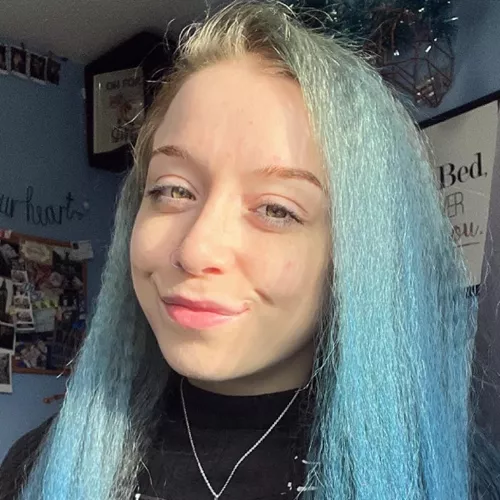Life with Antisocial Personality Disorder (ASPD)
Receiving a Personality Disorder diagnosis can be really difficult and can come with a lot of negative associations attached. There are many who disagree with the medicalising of these experiences altogether. But for a lot of people, a diagnosis is a way to understand their problems and find a path to treatment and support. Andy tells us his story.
My name is Andy, I am 33 years old. I am diagnosed as having severe antisocial personality disorder (ASPD).
This is the clinical diagnosis which is synonymous with the words psychopath or sociopath.
You might have some ideas about what that means, and therefore what sort of person I might be.
And you wouldn’t be alone.
A quick google of this diagnosis will reveal a character assassinating portrait of a person incapable of empathy and hell bent on destruction of themselves, others or both.
While this may happen in some instances it does not happen in all of them, contrary to what the media would have you believe.
I know that because my life is not how they say it is, or should be.
Here’s what it’s actually like.
My childhood
I was born in 1984 to a woman who had no maternal instincts and neglected all of her children. My biological father had schizophrenia, took drugs and later killed himself. This meant that at only a few months old I was taken by social services and placed into a foster home.
Then, at just over 2 years old I was adopted. I was brought into a family that have shown me so much love and understanding throughout my life it is truly incredible. A lot of people idolise their parents but mine really are amazing. I have yet to meet two other people who are so loving and compassionate.
But then between the ages of 7 and 10 years old I was sexually abused by a friend’s older brother. My parents were unable to stop it at the time, as they didn't know it was happening. I never told anyone until afterwards.
It is the belief of the psychiatrists that I was genetically predisposed to an antisocial/psychopathic personality and the combination of a disrupted early 2 years of life and the later sexual abuse ‘triggered’ it.
"During and after the sexual abuse I became more aggressive and violent. As a child anger seemed to be my only way to express how I felt, although looking back I have no memory of any feelings."
To this day if I think of any of the things that happened during those years I see them very clearly but with no emotion attached. This is something which is true of all my memories from this time, not just the abuse.
The abuse stopped (because we moved house for my father's work) but my behaviour continued to deteriorate, especially during my teenage years.
My teenage years
I was angry and hostile, my behaviour lead to me being excluded from school and I was violent towards animals.
Even though I always had plenty of friends and was popular at school, inside I felt I didn’t fit properly. When I grew up and found out my diagnosis, I knew that was the reason why.
At the age of 16 I was seen by a 'top' clinical psychologist. He assessed me and despite me being completely honest with him he gave me ‘a certificate of sanity’, laughed and sent me on my way, I can still remember his face as he said it.
But looking back it was clear I was not ok. Two years ago I requested all my medical records and I was able to read what he had written, what my parents had said to him and also what my GP had mentioned.
I am still truly astonished that being a psychologist with the reputation he had, he could not see what was clearly sat right in front of him.
If he had it is possible that my life would have taken a different course.
My double life
But it didn’t, so things continued as they were. After finishing my A Levels where I once again underperformed, I started working.
"I had no clear path in life and wasn’t sure what I wanted to do. Even now all these years later, I still don’t."
I have ideas about things and careers but because I’m perpetually bored it’s hard to do something that is satisfying in the long term. People have careers and goals that they can throw themselves into and be passionate about. I am completely unable to do that.
Through a job I got as a door supervisor I met people involved in all sorts of criminal activity. By the time I was 21, I was one of them and got my first conviction for robbery. However I hid this from my friends and family and continued life as normal.
I now know that this is when I first was first diagnosed with antisocial personality disorder. Remarkably the doctors never told me, although they wrote it down and shared it amongst each other.
They prescribed me anti-depressants and anti-anxiety medication which whilst seeming to dull my senses slightly did nothing in addressing the underlying problem. And not once was I ever told what was wrong with me.
I lived a double life. On one side I was a self-employed computer technician and on the other I was serious criminal. This continued until I ended up in court again. I was told by my barrister that I would probably go to prison.
And I suppose this was the turning point. When I decided to make a permanent change for my sake and the sake of my family whom I love very much.
My life now
My partner was pregnant you see, and I would miss the birth of my daughter and likely the first few years of her life if I went to prison. Not to mention the thought of being trapped in a cell was terrifying.
It was at this point whilst trying to better myself that I was finally told my diagnosis was severe antisocial personality disorder. I had gone to seek help because I thought I potentially had ADHD, a fairly logical conclusion because of my impulsive thrill seeking behaviour and low boredom threshold.
"After being told my diagnosis I was then able to understand how and why I behaved the way I did: my life made a little bit more sense."
I was able to begin learning new ways to live that would enable me to be a ‘normal’ family man, a good partner and a responsible father. Up until then I had not known what was wrong with me and so I was unable to deal with the problem.
This has not been an easy journey. I have had several jobs since 2011 and I have found out a lot about myself and my personality and what my strengths and weaknesses are.
I would be very surprised if anyone who has met since 2011 would think there was anything wrong with me.
The only thing unusual about me (if it even is unusual) is the struggle of being permanently bored and restless.
My mind and body seem to need so much stimulation it's almost painful. Since 2011 I have channelled this into exercising, mainly weights and strength training, and also into reading and I love puzzles.
I often look at people just sat contently watching television and wonder how on earth their minds are so peaceful.
As I am now I know I would never go back to a life of crime and I have no desire to do so. Now the struggle is discovering what to do next, something which I think about every day. But I still don't know.
The stigma
During this time I have also seen a private psychiatrist and we talked about my diagnosis and how can it be that I am ‘psychopathic’ but able to love my family.
She informed me that I am capable of love and empathy with certain people that I am close to but outside of this I am completely remorseless.
This is something which my family have struggled greatly with since learning of my diagnosis. And to be honest, in some ways I wish I hadn't told them.
Once they googled it, they instantly came across sites and forums dedicated to this topic. All of which insist I am incapable of loving anyone but myself, and that any signs I do is only so I can use and manipulate them.
But I strongly believe the majority of studies done on ASPD are on dangerous criminal 'psychopaths' who are in prison for serious crimes. While there are a huge number of people, like me now, who are not violent or criminal, and live normal lives.
But that frustration I have with my family soon subsides. As I know, without their help and support I wouldn’t be here. I am truly grateful to have been blessed with them. And ironically it’s that love that I feel for them every day, which lets me know what they, and others, think about me is not true.


Information and support
When you’re living with a mental health problem, or supporting someone who is, having access to the right information - about a condition, treatment options, or practical issues - is vital. Visit our information pages to find out more.
Share your story with others
Blogs and stories can show that people with mental health problems are cared about, understood and listened to. We can use it to challenge the status quo and change attitudes.










